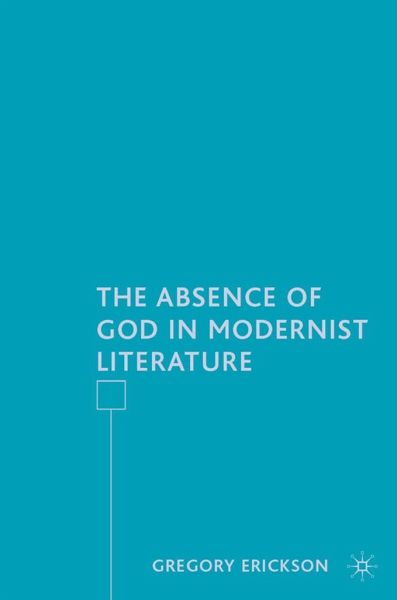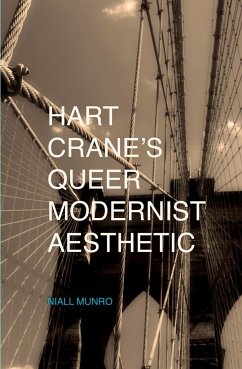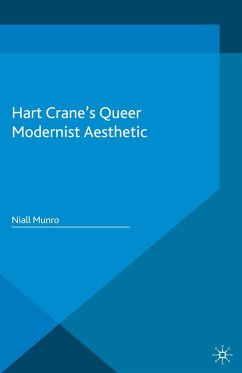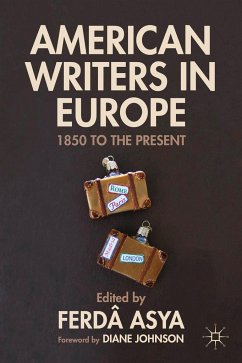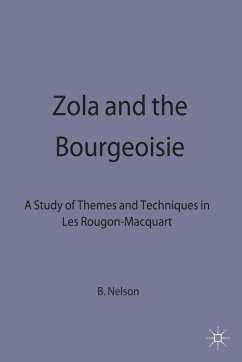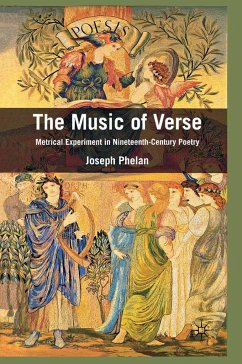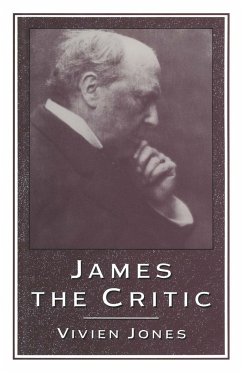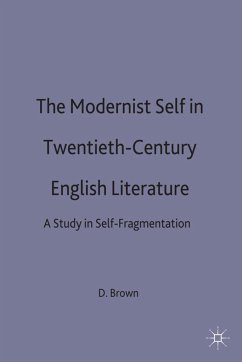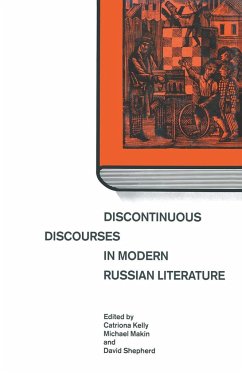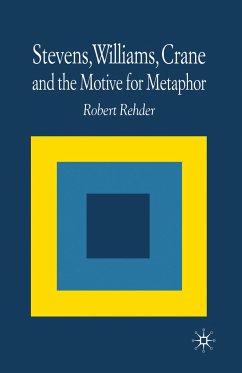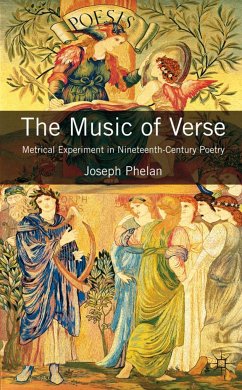'The quite amazing stretch of this beautifully written book reaches out effortlessly to the far shores of negative theology and its attendant philosophies. Hegel, Levinas, Derrida, and Kristeva mingle with Proust, Joyce, and HenryJames,until we plunge into Schoenberg and the complexities of Moses und Aron. Erickson knows his philosophical, literary, andmusical stuff - and is neverdull about any of it.' - Mary Ann Caws, DistinguishedProfessor of English, French, and Comparative Literature,The Graduate Center, The City University of New York; Author of Glorious Eccentrics: Modernist Women Painting and Writing (Palgrave Macmillan, 2006)
'This book is very impressive in many respects, offering a comprehensive overview of postmodern
theology, detailed discussions of the modern novelby authors such as Henry James and Marcel Proust, and twentieth-century music, focusing onthe work of Arnold Schoenberg. Each chapter is well informed, and demonstrates mastery of available criticism.' - William D. Melaney, Chair, Dept. of English and Comparative Literature, American University in Cairo
'Erickson makes deep and broad connections between the high modernists (most fully late James, Proust, Arnold Schoenberg) and postmodern theological speculation according to which disjunction and rupture are inherent in their veryquest for an ultimate coherence and unity. His book is ambitious, very wellwritten, and brilliant from start to finish.' - David Gordon, Emeritus Professor of English, The Graduate Center, The City University of New York
